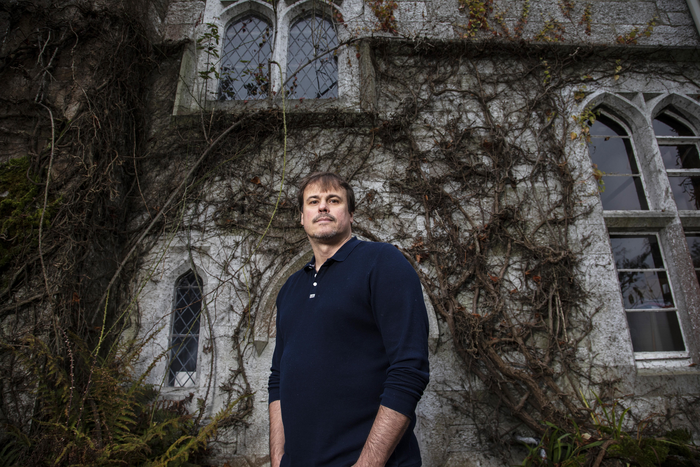Scientific claims that babies harbour live bacteria while still in the womb are inaccurate, and may have impeded research progress, according to University College Cork (UCC) researchers at APC Microbiome Ireland, a world-leading Science Foundation Ireland (SFI) Research Centre, which led a perspective published today (16.00 hrs GMT 25TH January) in the prestigious journal Nature.

Credit: UCC
Scientific claims that babies harbour live bacteria while still in the womb are inaccurate, and may have impeded research progress, according to University College Cork (UCC) researchers at APC Microbiome Ireland, a world-leading Science Foundation Ireland (SFI) Research Centre, which led a perspective published today (16.00 hrs GMT 25TH January) in the prestigious journal Nature.
Prior claims that the human placenta and amniotic fluid are normally colonised by bacteria would, if true, have serious implications for clinical medicine and paediatrics and would undermine established principles in immunology and reproductive biology.
To examine these claims, UCC & APC Principal Investigator Prof. Jens Walter assembled a trans-disciplinary team of 46 leading experts in reproductive biology, microbiome science, and immunology from around the world to evaluate the evidence for microbes in human foetuses.
A healthy human foetus is sterile
The team unanimously refuted the concept of a foetal microbiome and concluded that the detection of microbiomes in foetal tissues was due to contamination of samples drawn from the womb. Contamination occurred during vaginal delivery, clinical procedures or during laboratory analysis.
In the report in Nature, the international experts encourage researchers to focus their studies on the microbiomes of mothers and their newborn infants and on the microbial metabolites crossing the placenta which prepare the foetus for post-natal life in a microbial world.
According to Prof. Walter: “This consensus provides guidance for the field to move forward, to concentrate research efforts where they will be most effective. Knowing that the foetus is in a sterile environment, confirms that colonisation by bacteria happens during birth and in early post-natal life, which is where therapeutic research on modulation of the microbiome should be focused”.
The expert international authors also provide guidance on how scientists in the future can avoid pitfalls of contamination in the analysis of other samples where microbes are expected to be absent or present at low levels, such as internal organs and tissues within the human body.
Journal
Nature
DOI
10.1038/s41586-022-05546-8
Method of Research
Data/statistical analysis
Subject of Research
People
Article Title
Questioning the fetal microbiome and pitfalls of low-biomass microbial studies
Article Publication Date
25-Jan-2023




